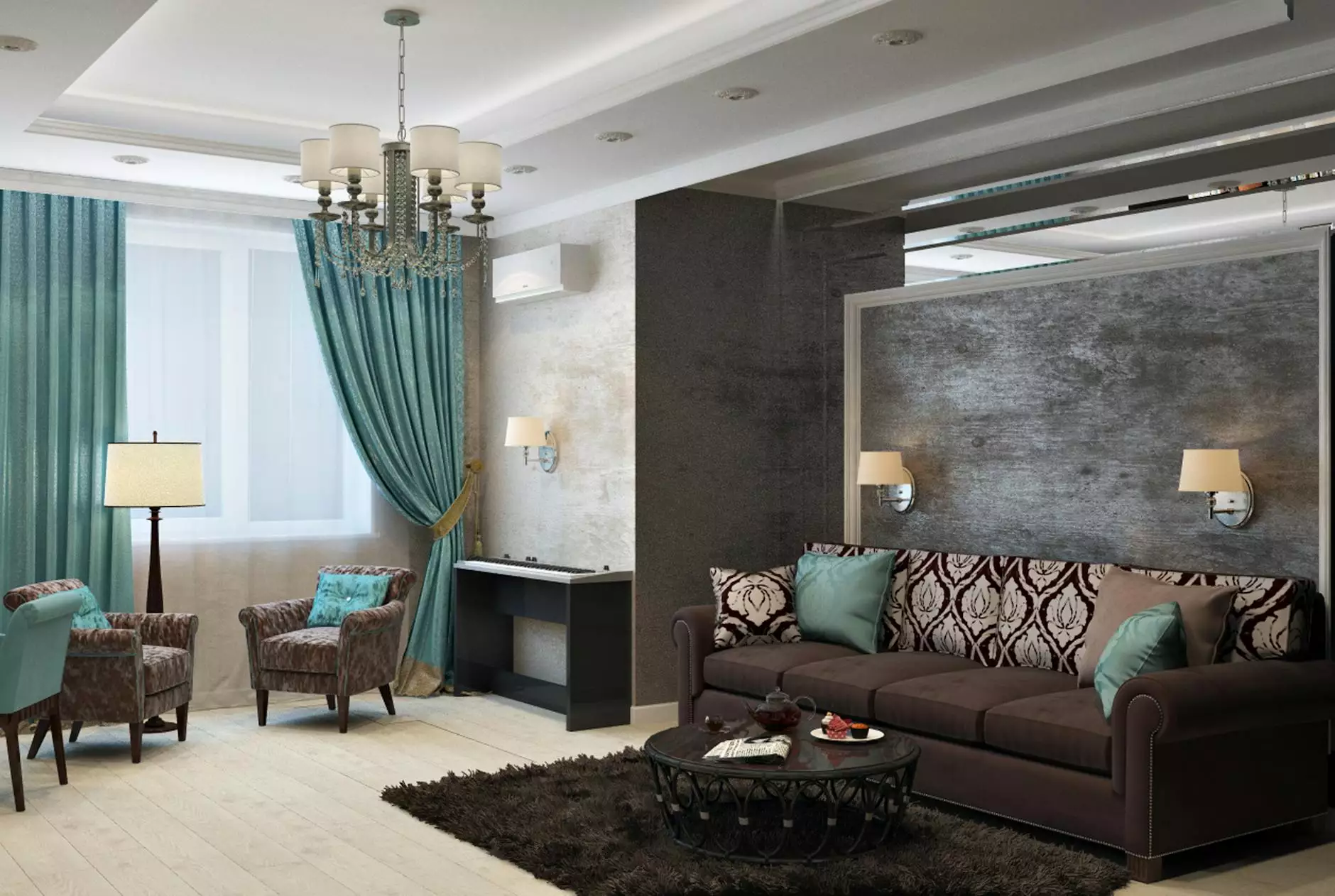The Rise of Residential Assisted Living Facilities

The need for specialized care and supportive living options has surged in recent years as our population ages. Many families are exploring residential assisted living facilities as a viable solution for their elderly family members. This article comprehensively examines why these facilities are gaining popularity, detailing their benefits, services offered, and what to consider when selecting the right place.
What is a Residential Assisted Living Facility?
A residential assisted living facility is a type of senior living arrangement designed to provide assistance with daily living tasks while offering residents the freedom to maintain their independence. These facilities cater primarily to seniors who require some level of help but do not need the intensive medical care provided in nursing homes.
Key Features of Residential Assisted Living Facilities
- Personalized Care Plans: Residents receive customized care plans tailored to their specific needs, ensuring they get the help they require.
- 24/7 Assistance: Staff are available around the clock to provide assistance, offering peace of mind to residents and their families.
- Social Activities: Many facilities offer a range of activities to keep residents engaged, promoting socialization and mental wellness.
- Healthy Meals: Nutritious meals are provided, often catering to specific dietary needs, emphasizing the importance of health and wellness.
The Benefits of Choosing a Residential Assisted Living Facility
Choosing a residential assisted living facility can have numerous benefits for both seniors and their families. Let's delve into the key advantages:
Promotes Independence
Unlike nursing homes, which often provide more intensive medical care, assisted living facilities encourage independence. Residents can enjoy privacy in their own apartments while receiving the necessary support for day-to-day activities such as bathing, dressing, and managing medications.
Social Engagement
Isolation can be a significant issue for seniors, leading to feelings of loneliness and depression. Assisted living facilities actively promote social interaction through planned events, group outings, and community activities, ensuring residents can develop friendships and remain socially active.
Access to Healthcare Services
Most residential assisted living facilities have partnerships with healthcare providers, ensuring easy access to medical care when needed. Whether it’s routine check-ups or emergency services, residents will receive the attention they require without the need to travel far from home.
Safety and Security
Safety is a primary concern for families when considering a living arrangement for their elderly relatives. Facilities are designed with safety in mind, featuring security systems, emergency call buttons, and staff trained to respond to various situations, providing residents and their families with peace of mind.
Choosing the Right Residential Assisted Living Facility
Selecting the appropriate residential assisted living facility for a loved one is a critical decision that can impact their quality of life. Here are factors to consider:
Location Matters
Proximity to family members and friends can significantly enhance the living experience. Visiting often can help maintain strong relationships. Furthermore, consider local amenities and healthcare facilities for convenience.
Assess the Services Offered
Different facilities offer varying levels of care and services. Understanding what a facility provides in terms of personal care, medical assistance, meals, and activities is essential in making an informed choice.
Tour the Facility
Before making a decision, take the time to visit several options. Observe the atmosphere, engage with staff, and interact with current residents, which can provide invaluable insights into the quality of care and living experience.
Read Reviews and Testimonials
Gather feedback from current and past residents and their families. Online reviews and testimonials can offer perspective on the facility's reputation and the overall satisfaction of its residents.
Cost Considerations for Residential Assisted Living Facilities
Understanding the financial aspect of residential assisted living facilities is crucial. Costs can vary widely based on location, services provided, and the level of care required. Here are some general insights:
Assessing Monthly Costs
Most assisted living facilities charge a monthly fee that covers room and board, basic care services, and amenities. It’s essential to review what’s included in this price and to understand any additional costs that may arise based on personalized care plans.
Financial Assistance Options
Many families seek financial assistance to manage the costs of assisted living. Options may include long-term care insurance, veterans’ benefits, and state aid programs. Consulting with a financial advisor can help families navigate these avenues effectively.
Emphasizing Quality of Life in Residential Assisted Living Facilities
The primary goal of a residential assisted living facility is to enhance the quality of life of its residents. This is achieved through a holistic approach that addresses physical, mental, and emotional well-being. Facilities strive to create an environment that feels like home, promoting comfort and security.
Focus on Mental Wellness
Cognitive engagement is a critical component of senior care. Many facilities offer programs designed to enhance mental agility through games, puzzles, and educational workshops. Additionally, art and music therapy programs can significantly improve mood and cognitive functions.
Nature and Environment
Many residential assisted living facilities incorporate elements of nature into their design. Gardens, walking paths, and serene common areas provide a calming environment for residents, encouraging outdoor activity and interaction with nature, which is beneficial for physical and mental health.
Conclusion
Residential assisted living facilities represent a *compassionate option for aging seniors that prioritizes both care and independence*. As the demand for these facilities grows, it becomes even more critical for families to understand their options and make informed decisions. By considering the various aspects highlighted in this article, families can ensure their elderly loved ones thrive in a supportive and engaging environment.
For more information on residential assisted living facilities and how they can benefit you or your loved ones, visit Campion Gardens Retirement Village today.



